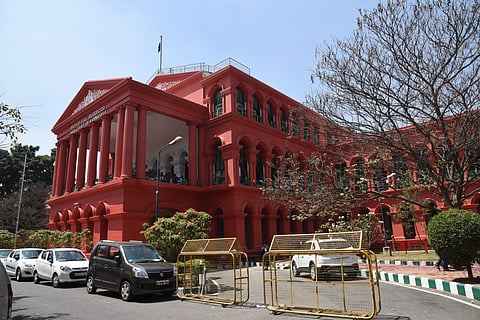

The petition which was filed by a state university dean was rejected by the Karnataka High Court as it observed that if the prayer for enhancing the age of retirement/superannuation from 62 years to 65 years is considered, there would be no vacancies for fresh appointments.
The observation was made by a division bench of Justice Krishna S Dixit and Justice P Krishna Bhat while they rejected the petition and appeal filed by Dr Chidananda P Mansur, Dean (Agriculture), College of Agricultural Sciences at Hanumanamatti, Dharwad district, seeking directions to continue him in service till 65 years.
"The fixation of retirement of public servants has a bearing on the state exchequer and the employment opportunities for others. We are told at the Bar that there are thousands of employees in various universities and in the constituent and affiliated colleges. If the prayer, as sought for, is granted, all these employees would continue in the office for an additional period of three years and eventually, there would be no vacancies for fresh appointments. This is not desirable. At what age the public servants like teachers in the universities/constituent colleges should retire is purely within the domain of the state executive, which bears the expenditure towards salaries, emoluments and terminal benefits," the court said.
"In matters like this, a host of financial and other factors enter the fray of decision-making and courts cannot readily venture interference therein, the worth of such factors not being assessable by judicially manageable standards... The UGC, in its wisdom, has left it to the state universities to prescribe the age of superannuation, as already mentioned above. That concession if at all that be, is not put in challenge by the appellant/petitioner. Whether it is prudent to retain old blood or to infuse fresh one is one best left to the wisdom of the state executive and the universities," the court said.
Upholding the judgment of the single judge, the court said that a recommendation of the age of retirement from 62 years to 65 years by a committee is not justiciable and therefore no support can be drawn from the same by the appellant/petitioner.
